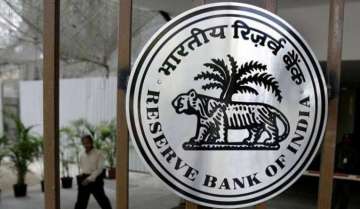The annual report of Reserve Bank of India showed that the bank frauds of ₹100,000 and above have more than doubled in value to ₹1.85 trillion in FY20, with the number of such cases increasing 28% in the same period. The central bank data showed that a majority of these frauds are in loan portfolios of banks, both in terms of number and value.
Livemint quoted RBI as stating,“There was a concentration of large value frauds, with the top 50 credit-related frauds constituting 76% of the total amount reported as frauds during 2019-20. Incidents relating to other areas of banking, like off-balance-sheet and forex transactions, fell in 2019-20."
As per the RBI report, Public sector banks accounted for 80% of the ₹1.85 trillion frauds, while private sector banks at 18%. 98% of the total frauds are constituted as loans while other segments like off-balance-sheet and cards or internet banking forming the remaining 2% of the total fraud.
According to RBI rules, banks need to set aside 100% of the outstanding loans as provisions, either in one go or over four quarters, once an account is declared fraud.
The central bank has been trying to reduce the gap between the occurrence of a fraud and its reporting. The annual report said that while the frauds framework focuses on prevention, early detection and prompt reporting, the average lag in detection of frauds remains long.
The average lag between the date of occurrence of frauds and their detection by banks and other financial institutions was 24 months during 2019-20. However, the delay was even greater for large frauds of ₹100 crore and above with an average lag of 63 months.
“Weak implementation of early warning signals (EWS) by banks, non-detection of EWS during internal audits, non-cooperation of borrowers during forensic audits, inconclusive audit reports and lack of decision making in joint lenders' meetings account for delay in detection of frauds," said the report.
According to RBI, the EWS mechanism is getting revamped alongside the strengthening of the concurrent audit function, with timely and conclusive forensic audits of borrower accounts under scrutiny. In this regard, it had set up the advisory board for banking frauds (ABBF) in consultation with the central vigilance commission (CVC).
“The ABBF functions as the first level of examination of all large value fraud cases before recommendations or references are made to the investigating agencies by public sector banks (PSBs)," the annual report said.
However, banks have seen a decline in reported frauds in the June quarter of FY21 as compared to the same period last year. The aggregate amount of money involved in frauds in April-June 2020 stood at ₹28,843 crore, as against ₹42,228 crore in the April-June of 2019.
Latest Business News
